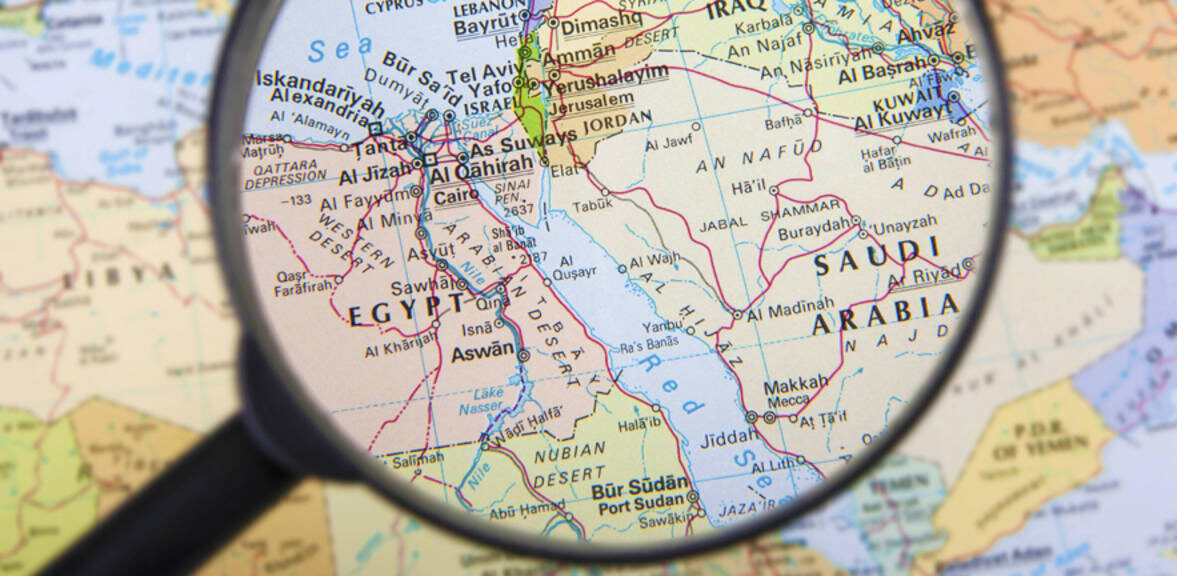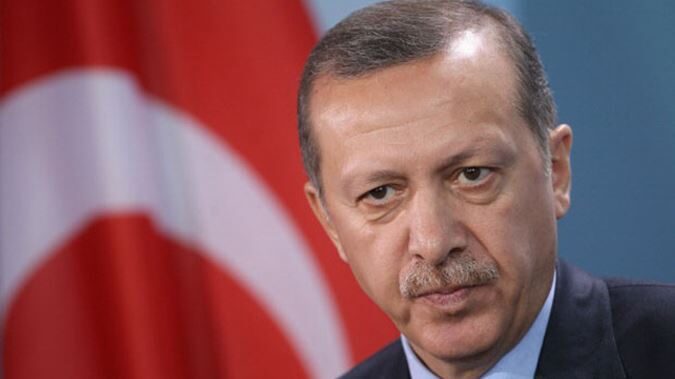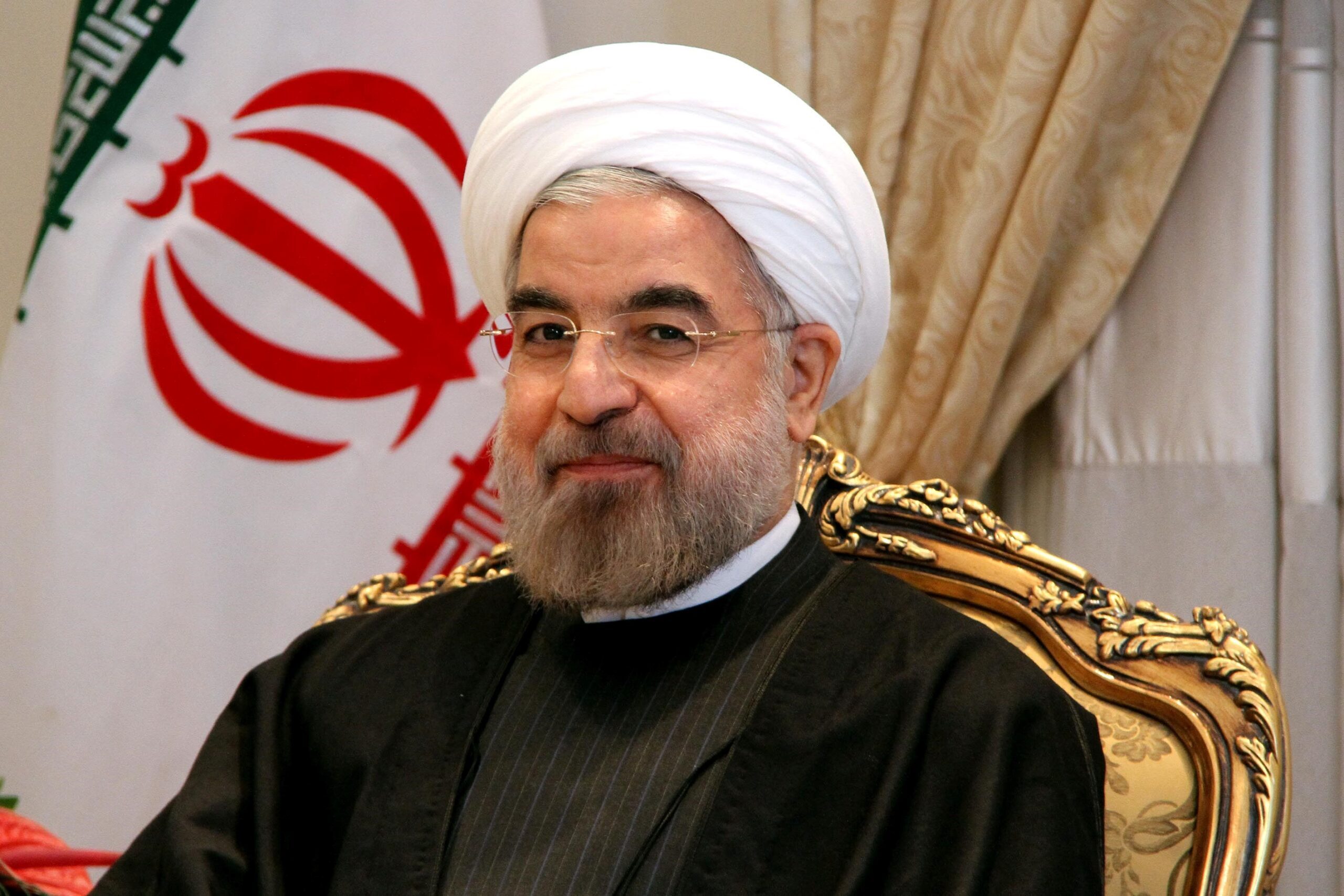MIDDLE EAST: FRIENDS AND FOES

In the Middle East’s quagmire it is hard to distinguish friends from foes. With ever evolving crisis, there are several contrasting interests at stake. As priorities change, so do the roles in a tragedy that has once common denominator: a civilian population who often can’t even tell who is to blame for its suffering. Politics based on traditional alliances are gone. The volatility of the situations asks for contingent choices. There is no defined set of friends or foes in the Middle East anymore, each and everyone can switch to one or the other according to circumstances.
Russia
Russia has stepped in with its troops to support the regime in Damascus since September 2015. Moscow’s air strikes target the rebels fighting against Bashar al Assad. From time to time they also hit ISIS. By intervening in Syria, Russia is protecting its geo-strategic interests, the naval base in Tartous, and is positioning itself as the main broker for the future of the Middle East. The issue of whether Assad should stay or go is irrelevant and is one that will be dealt with at the end of the civil war. The point is, whoever will take over will have to be appreciated by the Russians. Russia is also sending out a message to the other countries in the region: “We are a reliable country, we don’t pull back to defend our friends. Unlike the US, whose foreign policy has created a void and sense of instability to its traditional Arab allies”. The only thorn is the relationship with Ankara. The bilateral ties reached their lowest point after the downing of a Russian fighter jet by the Turks on November 24, 2015. After Russian sanctions, Erdogan offered his excuses to Putin in August. After all, the Turks are at odds with Washington and closer ties with Moscow are their only alternative. Lastly, in its fight against the ISIS, Russia is allied to the same countries trying to oust Assad.
United States
The US support the so-called Syrian Democratic Forces (SDF), an Arab and Syrian-Kurdish coalition that fights the ISIS. It does so on Syrian soil and by providing aerial support to the rebels. Despite targeting the ISIS, the US tend to avoid striking the Syrian army. In order to avoid mistakes, the Russians and Americans have set up a coordination center in Amman. Lately the Kurds from the YPG, the de-facto leaders of the SDF, have clashed with Assad’s troops in Hasaka. This could mean Russia and the US could come to a face off. Another recent event is the direct Turkish intervention in Syria. Officially to support the so-called Syrian Free Army (SFA), a grouping of secular and islamist groups (Ahrar al Sham), the Turks have stepped in to stop the expansion of the Kurds in the areas surrounding Jarablous. The US support could lead to a clash with the other US supported group: the SDF. The American elite troops that were on the ground with the SFA have been asked to leave. The US initiative is a goodwill gesture towards the Turks after the strains in their bilateral relationship over the past few years. Joe Biden’s visit to Ankara on August 24 is part of this conciliatory process. And there are signals of recent clashes between Turkish troops and the YPG. On the Iraqi front, the US supports the government in Baghdad and the Kurdish Pershmerga in their struggle against the ISIS. They do so with supplies of weapons, training and aerial bombardments. The war on terrorism puts the US in the uncomfortable position of sharing the same battlefield and goals with Iran and Russia.
Israel
Israel also strikes in Syria from time to time, but it does so to hit the Hezbollah fighting alongside Assad. The Israelis and the Russians have also struck a deal to prevent direct confrontations. Israel is only marginally interested in the outcome of the conflicts in the region, but is more interested in exploiting the rampant instability. The first side effect is a total lack of attention towards the Palestinian issue. This allows for an expansion of the settlements in the Occupied Territories without the need of any negotiation or talk on the future of the Palestinian people.
There are also a series of indirect benefits: Russian troops in Syria have pushed a rapprochement with Moscow. The same is happening with the Saudis, as both countries face the growing Iranian threat.

Turkish president Recep Tayyip Erdogan
Turkey Turkish planes are hitting both the ISIS and the areas controlled by the YPG in Syria. Its troops have crossed the border into Syria and are also present in Iraq, despite Baghdad’s protests. Turkey fears the outcome of the wars in Syria and Iraq for two main reasons: one is the advance of Iran and of the shia. Secondly, they fear a Kurdish autonomous entity along the Syrian border, a circumstance that could fuel further Kurdish unrest at home. The “Euphrates” military operation, which marks the first time Turkish fighter jets have moved into Syrian airspace since the downing of the Russian Mig, aims to limit Kurdish influence across the river. The YPG, the armed branch of the PYD, is labelled a terrorist group by the Turks and is branded as an affiliate of the outlawed PKK, whose bases are on the Kandil mountains in Iraq. Although Ankara often targets the Iraqi PKK bases, they are still in good terms with the Kurdistan region in Iraq. Overall, Turkish foreign policy in the Middle East is contradictory. They are at odds with Egypt since the ousting of president Mohamed Morsi, a member of the Muslim Brotherhood, and the restoration of a military regime. There have been serious disagreements with Russia, whose plane was taken down after crossing Turkish military airspace for less than one minute. Those ties have now been mended since the attempted coup in July and Recep Tayyip Erdogan’s visit to Vladimir Putin in August. Ankara is now open to Assad staying in power solely because they know that any deal will require Russian consent. It is in this renewed context that the head of the Turkish secret services, the MIT, Hakan Fidan, visited Damascus recently. The same can’t be said of the US. After initially denying the use of the Incirlik airbase to bomb ISIS, the airstrip is now available to the coalition. The frictions with Washington have continued after the coup attempt on July 15, mainly because the alleged mastermind of the operation – at least according to the Turks – is the self-exiled Turkish cleric Fethullah Gulen. He lives in the US and local authorities have asked Turkey to provide evidence before any extradition request is granted. Turkey wanted to undermine the Syrian regime by aiding ISIS, and this is why the terrorist group was granted a free pass and a logistical rear base on Turkish soil. When the “partnership” was closed, under US pressure and because of the newfound friendship with Moscow, Turkey became the target of attacks by the militants led by Abu Bakr al Baghdadi. In the infighting between shia and sunni, Turkey is cultivating a privileged relationship with Saudi Arabia, with the aim of playing a key role in middle-eastern affairs. At the same time, Ankara and Teheran are getting along pretty well and Ergodan’s future visit in Iran could seal an improvement in bilateral ties. The same can’t be said of Turkey’s relationship with Europe. The denial to join the EU and the criticism that has followed the post-coup crackdown is drifting the Turks further away from Europe.
Saudi Arabia
The Saudis are bombing ISIS and supporting the radical islamic rebels that are fighting Assad. The Saudis fear Iran more than ISIS. It is a struggle for the religious leadership of the sunnis over the shia. The Iranian support to the Syrian alawite regime has pushed the Saudis to support those forces opposed to it. As far as Iraq is concerned, the Saudi dilemma is more complex. There is a shia government in Baghdad which is supported by both the US and Iran in its fight against ISIS. These circumstances “force” the Saudis to be on the same side as the Iranians in the struggle against terrorism. But, nonetheless, this is definitely not a priority for Riyadh. Actually, the accusations of a Saudi covert support to ISIS are also one of the reasons for Saudi Arabia’s intervention in Yemen. Once again, zaidi shia rebels supported by Iran are fought by government-backed Saudi forces.
Syrian Kurds
The Syrian Kurds, the YPG militias linked to the PYD, are fighting the ISIS and have so far avoided to clash with Bashar al Assad’s troops. Only lately in Hasaka has the Syrian army targeted YPG positions. It is still unclear whether they will open the northern front against the Kurds. The Syrian Kurds seek greater autonomy, whether with or without Assad. Although the relationship with Iraqi Kurds is not good, this doesn’t mean the Kurdish community doesn’t share a common agenda for autonomy or independence. Syrian Kurds have thus far benefited from US support and hope their performance on the field will grant them a continued backing once they sit at the negotiating table. They are fighting ISIS and have established Rojava. But the US is the same partner that is now backing the Turkish invasion of liberated territories. Will Washington accept a partitioning of Syria? It is very unlikely.
Iraqi Kurds
Their ground troops are fighting ISIS independently from the Iraqi army. Iraqi Kurds want to stress that they are independent from Baghdad, as has been the case ever since the toppling of Saddam Hussein. They are trained and armed by the US, Italians and a number of Western governments. Once ISIS is defeated, the issue of the governance of areas once populated by Kurds will surface again. Iraqi Kurds want Kirkuk and its rich oil fields. While the relationship with Ankara is good, the same can’t be said of the Syrian YPG.

Iranian president Hassan Rouhani
Iran Following the deal on its nuclear program, Iran, together with Russia, is one of the main actors on the stage in the Middle East. Iranians have their boots on the ground in Syria and Iraq, either with their regular army or the so-called paramilitary shia units made up of “volunteers”. Their deployment against the ISIS in Iraq and in support of Assad in Syria is part of a strategy to affirm their dominance over the region. A circumstance that clashes with similar Saudi aims. The shia vs sunni divide is just a smoke screen. Iran and Russia are de-facto allies, although some difference remain. The fact that Russian fighter were initially allowed and then denied access to Iranian bases may not be just a coincidence.
Egypt
The restoration of a military regime and the ousting of an islamist president has created some problems to general Abdel Fattah al Sisi. However, the rise of the terrorist threat has pushed the international community to close an eye. After all, Egypt is facing terrorists in the Sinai peninsula and neighbors a country in turmoil such as Libya. The conflict in the Sinai is carried out with Israeli support. The synergy has left the Gaza Strip isolated and the Palestinians find themselves with no supply routes remaining. Israel has gone as far as claiming Hamas is supportive of the terrorists in the Sinai. On the Libyan front instead, the Egyptians are directly aiding general Khalifa Haftar. On a wider scale, Egypt is an ally of Saudi Arabia. It provides troops for the conflict in Yemen and receives financial support in exchange. Although domestic issues might restrain Egypt from fulfilling its role as a regional leader, sooner or later its demographics and culture will take them back where they belong. 
